The year 2025 opens up many expectations for breakthrough growth of the Vietnamese economy. However, in the context of limited monetary policy space, fiscal policies become the expected solution to promote growth, take advantage of opportunities and resolve major challenges of the economy in 2025.
Synergy connects inner strength
In recent years, the Vietnamese economy has been under pressure from unfavorable factors in the international market, affecting many industries and fields, negatively impacting production, business and people's lives. However, overcoming all difficulties, Associate Professor, Dr. Dinh Trong Thinh (Academy of Finance) assessed that the Vietnamese economy has recorded many positive changes. Effective control of inflation, maintaining stable exchange rates and accelerating disbursement of public investment capital have created important driving forces for development.
In addition, Vietnam also has great opportunities from the recovery of international trade. The US Federal Reserve's (Fed) monetary easing policy and the trend of shifting supply chains are creating favorable conditions for Vietnamese goods, especially in large markets such as the US and Europe (EU). At the same time, new-generation free trade agreements such as EVFTA and CPTPP continue to bring competitive advantages in tariffs, opening up significant export opportunities for businesses...
Also in the recent period, the Government has implemented many policies to stimulate market demand through fiscal measures. Mr. Cao Anh Tuan, Deputy Minister of Finance, said that the Ministry has proactively researched, proposed, submitted to competent authorities as well as issued solutions in the financial sector, especially solutions on exemption, reduction, extension of taxes, fees, charges and land rents to support businesses, people and the economy. The scale of support of these solutions is about 191,000 billion VND.
One of the fiscal policies that has received the most attention from people and businesses in recent times is tax exemption, reduction and deferral. Mr. Dang Ngoc Minh, Deputy General Director of the General Department of Taxation, said that from 2020 to now, on average, tax support solutions have accounted for about 10 - 15% of the total state budget revenue each year. In particular, in the period 2022 - 2024, the National Assembly decided to reduce 2% of the value added tax rate for a number of groups of goods and services currently applying a value added tax rate of 10% (to 8%). In 2024, the Government will continue to implement tax exemption, reduction and deferral measures with a total value of up to VND 97,000 billion, helping more than 100,000 beneficiaries. Of which, value added tax alone will decrease by about VND 67,000 - 70,000 billion.
The above tax support policies have directly impacted the financial resources of enterprises, contributing to maintaining production and business and promoting consumption, thereby creating momentum for economic recovery and development. Therefore, despite the application of tax reduction policies, revenue from some important areas continues to grow.
“This shows that the positive impact of stimulus policies has helped increase growth and create investment resources for economic development, proving that tax policies not only help reduce the burden on businesses but also create a driving force for growth,” said Mr. Dang Ngoc Minh.
When monetary policy and fiscal policy are combined to enter life, the most visible effect is from the people and businesses. Mr. Nguyen Thanh Son, Director of Lam Son Company Limited, said that businesses have encountered many difficulties in production and business since the Covid-19 pandemic. However, from 2020 until now, businesses have continuously benefited from the tax payment extension policy, with an amount of over 20 billion VND and capital that banks trust to disburse loans, which has promptly supported businesses to continue pursuing the challenging path of producing spare parts for cars and motorbikes...
 |
| People and businesses unite to create opportunities for the economy to break through |
Leveraging fiscal resources
Entering 2025, experts affirmed that this is the final year of the 2021-2025 socio-economic development plan. At the recent 8th session, the National Assembly passed a Resolution on the 2025 socio-economic development plan, in which priority is given to promoting economic growth, supporting production and business, while maintaining macroeconomic stability, controlling inflation, ensuring major balances of the economy, striving for a higher growth rate of 6.5 - 7% and striving to reach 7.5% (compared to the target of 6 - 6.5% in 2024). To achieve these goals, it requires a lot of effort and synchronous, harmonious and close coordination between monetary policy, fiscal policy and other macroeconomic policies to contribute to supporting economic growth, stabilizing the macro economy, and controlling inflation.
Regarding monetary policy, Mr. Dinh Duc Quang, Director of the Monetary Trading Division (UOB Vietnam Bank) commented that the SBV has been harmoniously using tools in the monetary market (issuing treasury bills, buying and selling valuable papers with a term, selling intervention...) to regulate VND liquidity and foreign currency demand fluctuations in each period. In addition, Vietnam is unanimously implementing many solutions to promote growth, without having to resort to monetary easing, such as the management agency continuously focusing on expanding economic partnerships, expanding the trade market, implementing solutions to upgrade the stock market, promoting public investment, promoting foreign investment, reforming institutions towards streamlining the state management apparatus. All of these solutions contribute to attracting stronger investment capital flows, creating a basis for continuing to stabilize the macro economy, increasing foreign exchange reserves, thereby stabilizing interest rates and exchange rates. Therefore, it is forecasted that the Government and the State Bank will continue to maintain current policy interest rates in a neutral monetary policy in the first few months of 2025.
International organizations such as the International Monetary Fund (IMF), the World Bank (WB), and the ASEAN +3 Macroeconomic Research Office (AMRO) have assessed that Vietnam's room for easing monetary policy is currently very limited. Therefore, they recommend that Vietnam should take advantage of the remaining fiscal space to support economic growth.
The above solution is completely reasonable, Ms. Nguyen Thanh Nga, Deputy Director of the Institute of Strategy and Financial Policy (Ministry of Finance) said that the abundant fiscal resources, timely payment of debts due as well as timely payment to subjects according to regulations. Public debt is reduced and stabilized at a moderate level, creating favorable conditions to continue implementing the expansionary fiscal policy, supporting businesses to recover and promoting economic acceleration, towards completing the goals of 2025.
Sharing the same view, Dr. Nguyen Quoc Viet, Deputy Director of the Institute for Economic and Policy Research, University of Economics, Vietnam National University, Hanoi, said that in the context of abundant fiscal policy space due to significantly improved state budget revenue in 2024, fiscal support policies should be maintained in the coming period to continue to strengthen the internal strength of enterprises, create a stepping stone for sustainable growth by reducing taxes and fees to support domestic consumption, and at the same time, continue to promote public investment disbursement.
However, Mr. Nguyen Minh Tan, Deputy Director of the State Budget Department, Ministry of Finance, said that to determine whether to continue fiscal policies in 2025 or not, it is necessary to study the "health" of enterprises. If enterprises are still weak, continue to maintain support policies, including the group of fiscal policies. If enterprises are stable, then save the budget for longer-term plans.
Sharing the same opinion, experts said that stopping expansionary fiscal policies is sooner or later, but it also needs to be carefully calculated in accordance with reality, not done mechanically. If prolonged, it will become a habit, not creating momentum for economic development. In case of stopping support, the Government and ministries need to send signals so that businesses can prepare in advance to balance capital sources for investment in infrastructure, and develop sustainably.
Source: https://thoibaonganhang.vn/can-doi-khong-gian-chinh-sach-thuc-day-noi-luc-160058.html








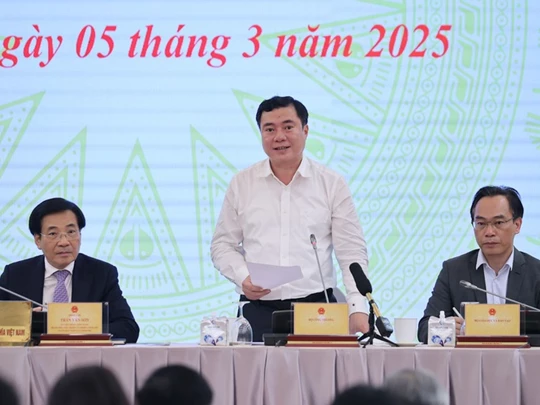

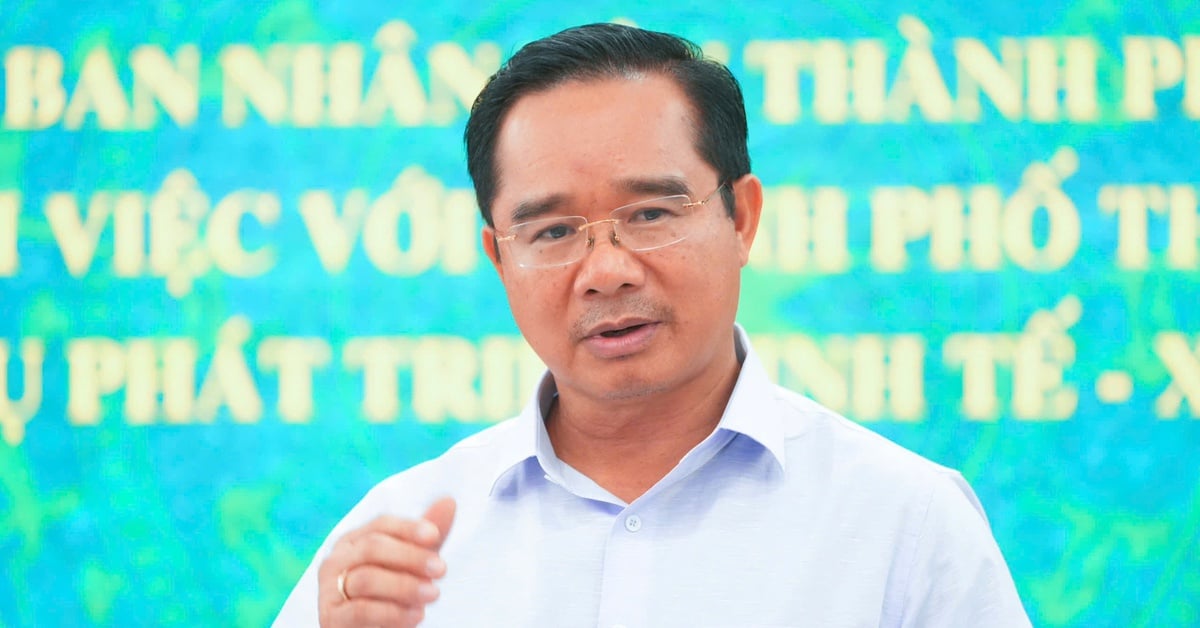

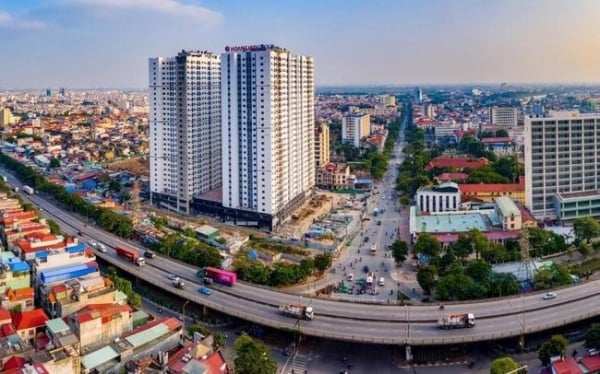







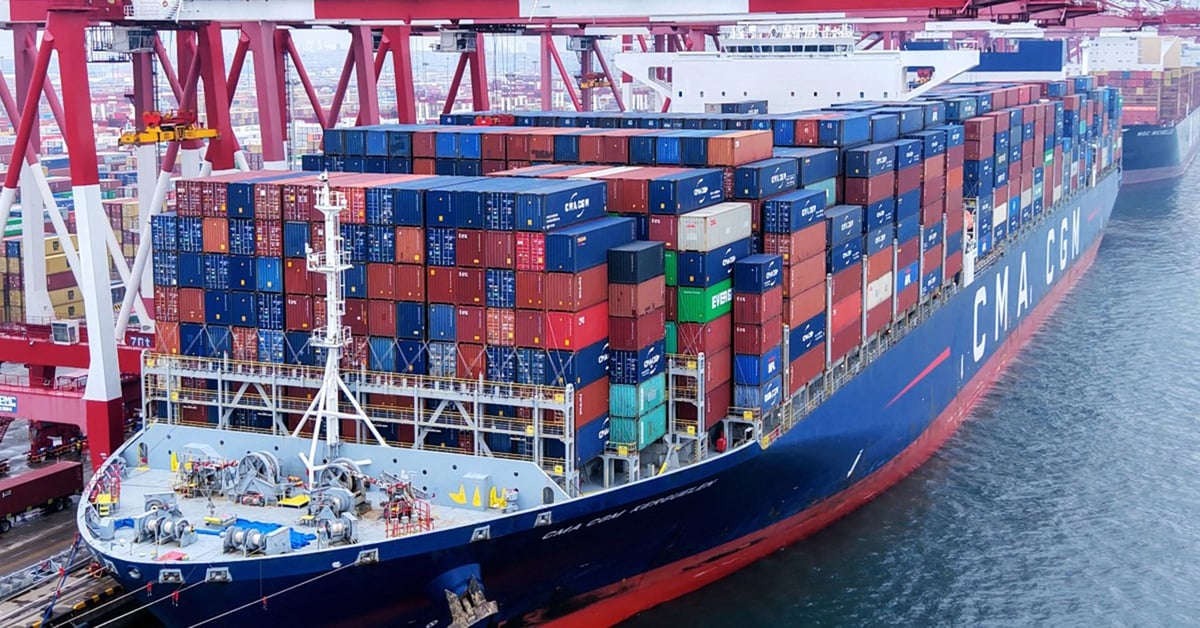
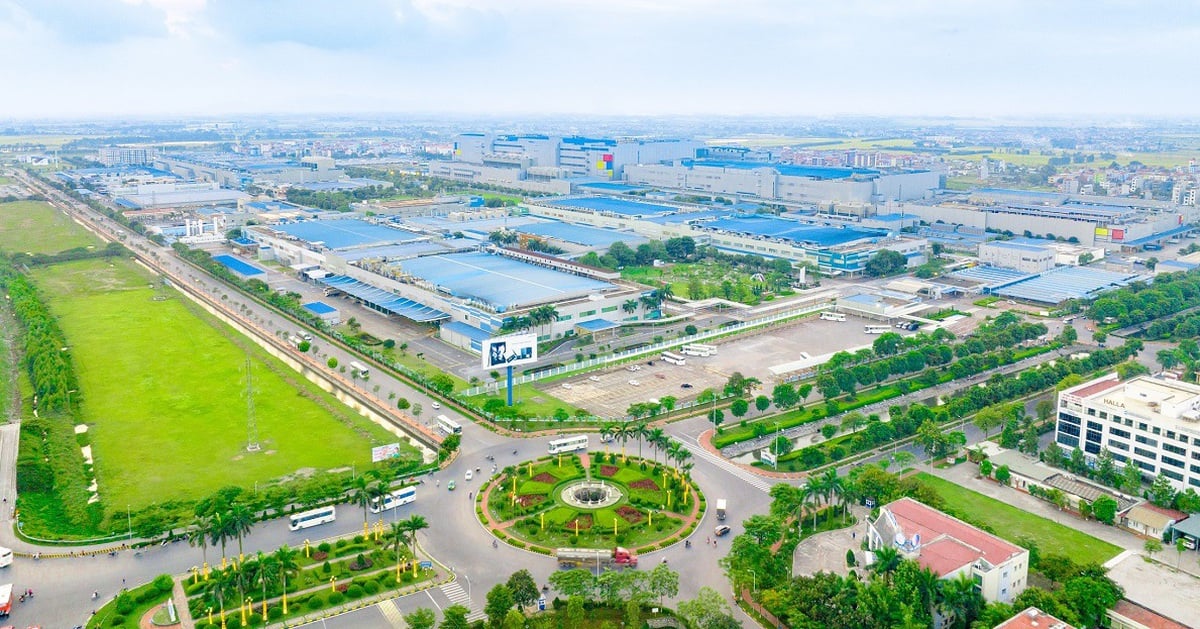










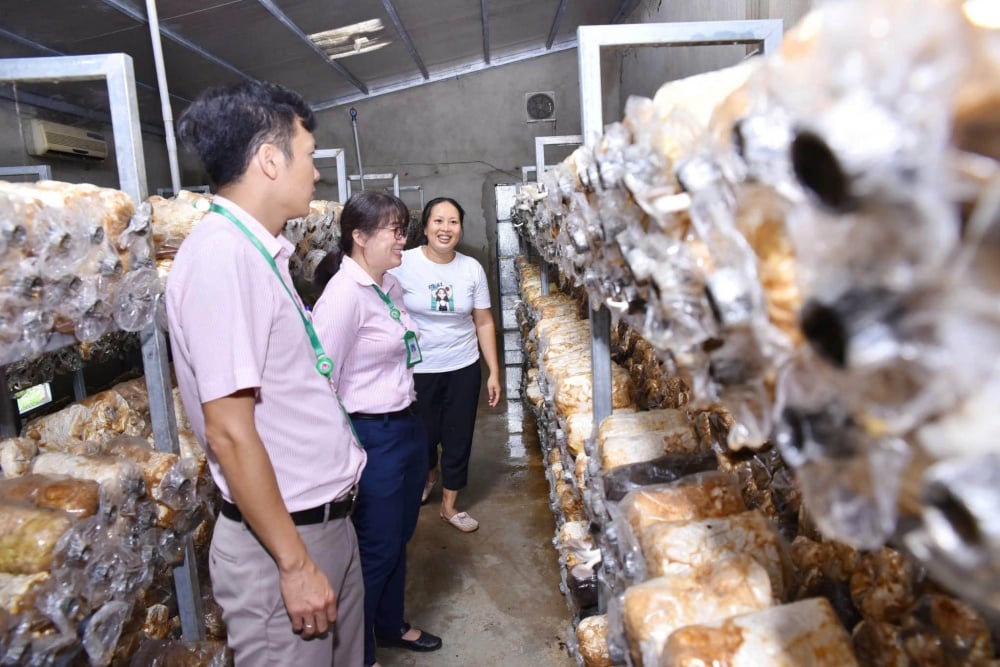

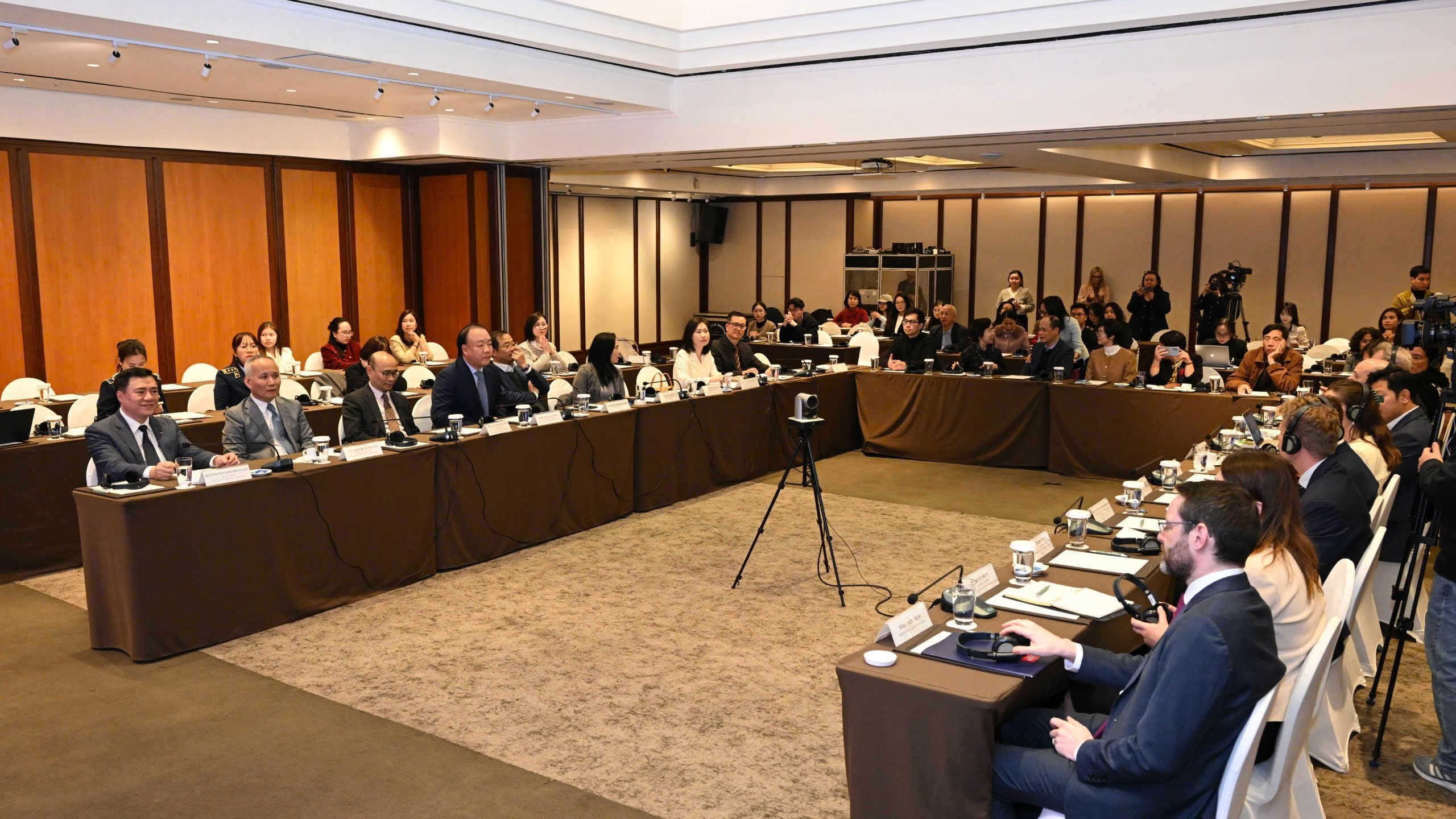
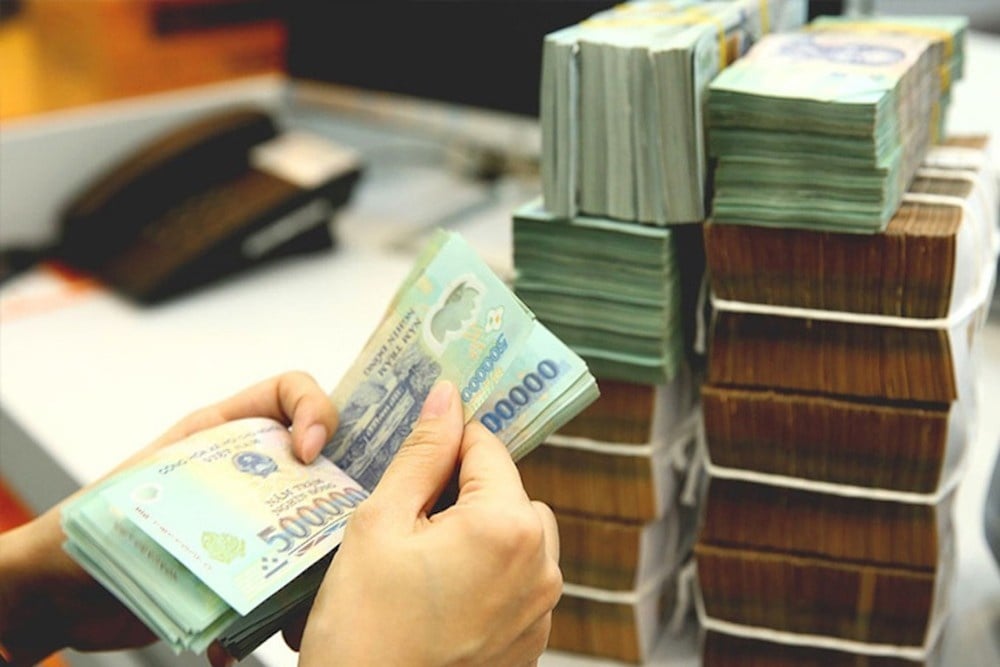
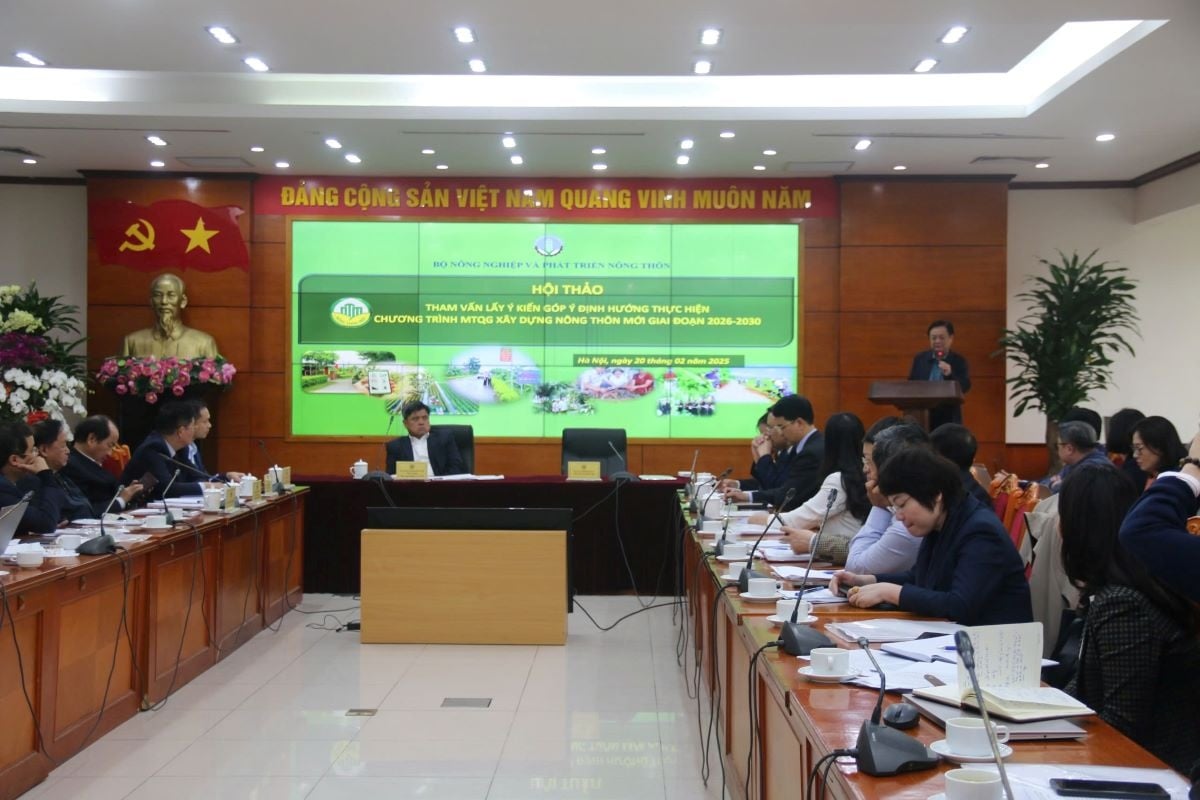































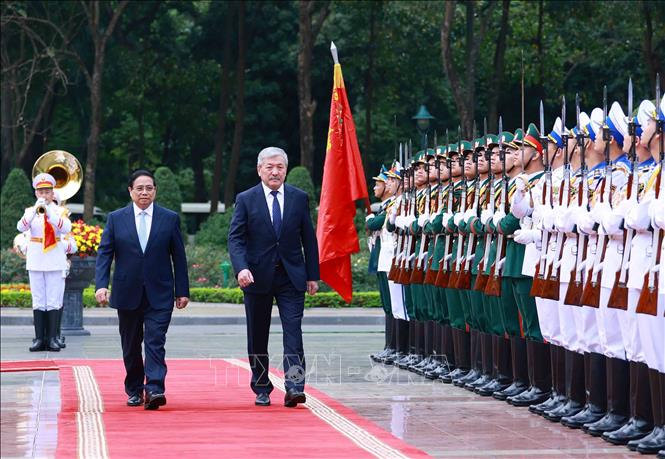










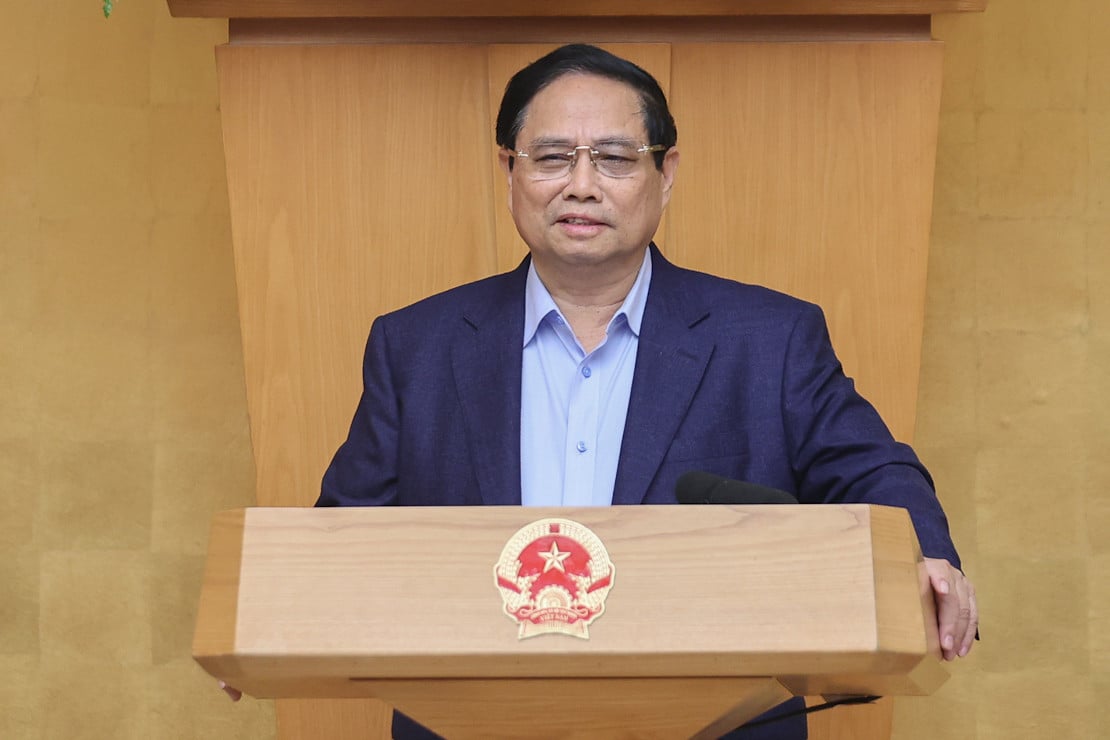

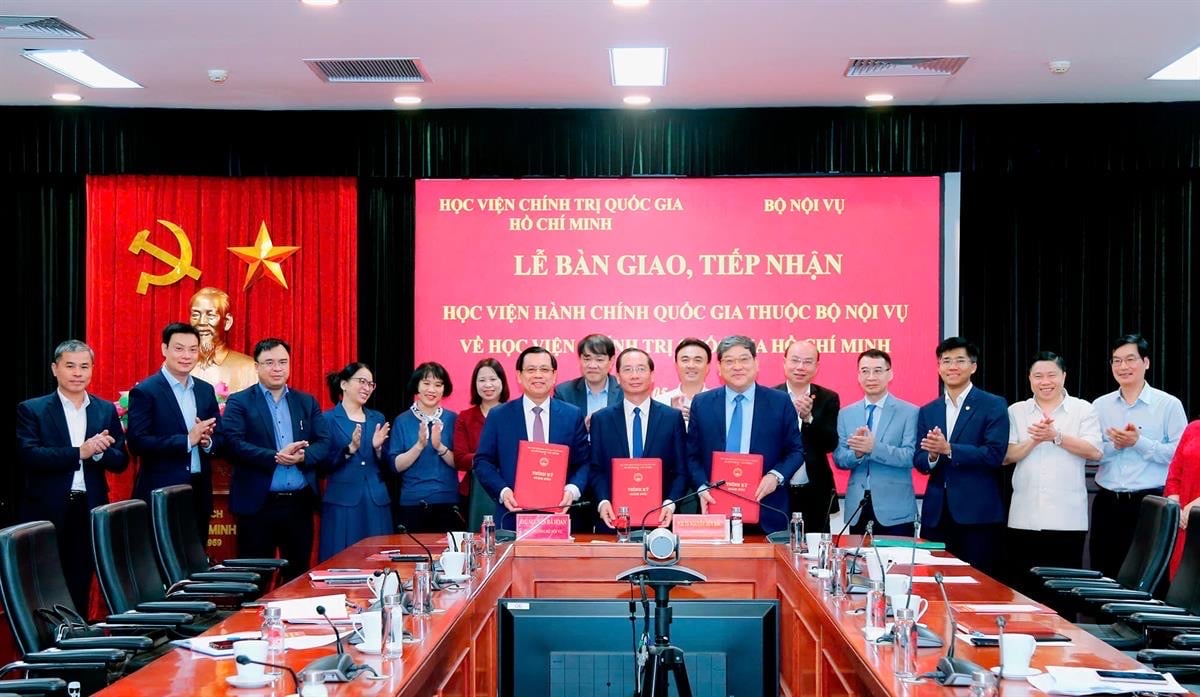
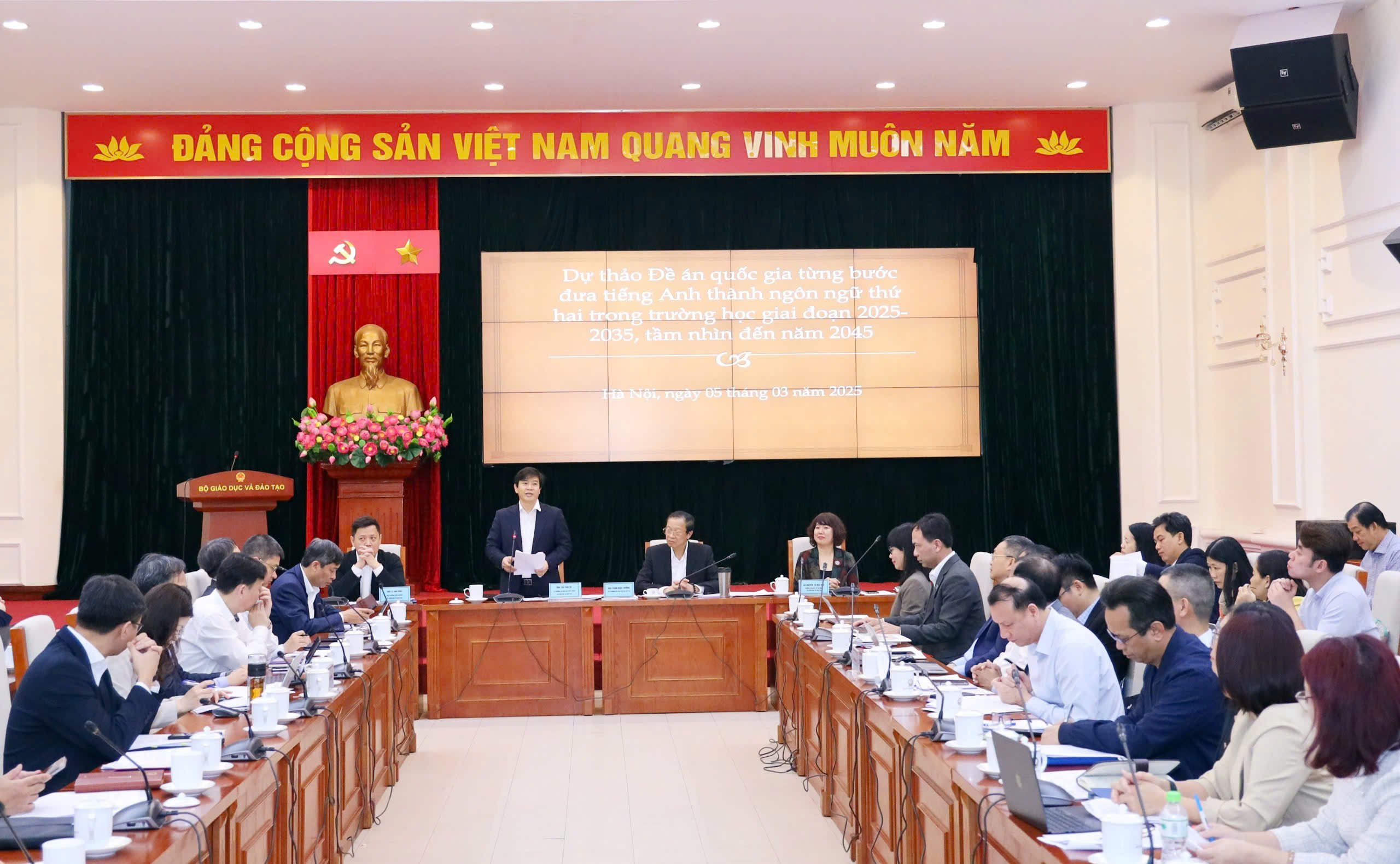






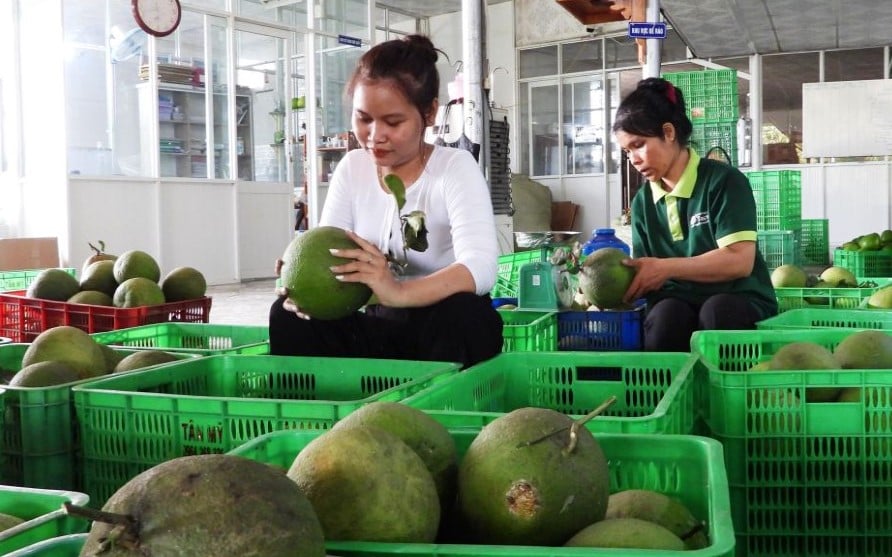








Comment (0)